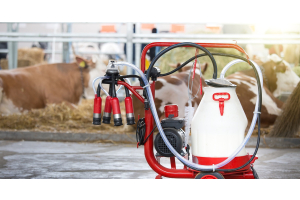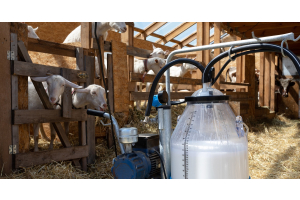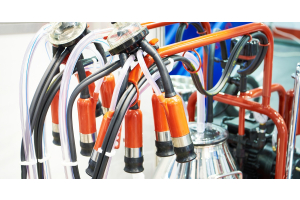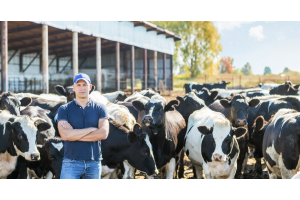How Filters Improve the Efficiency of Your Milking Equipment
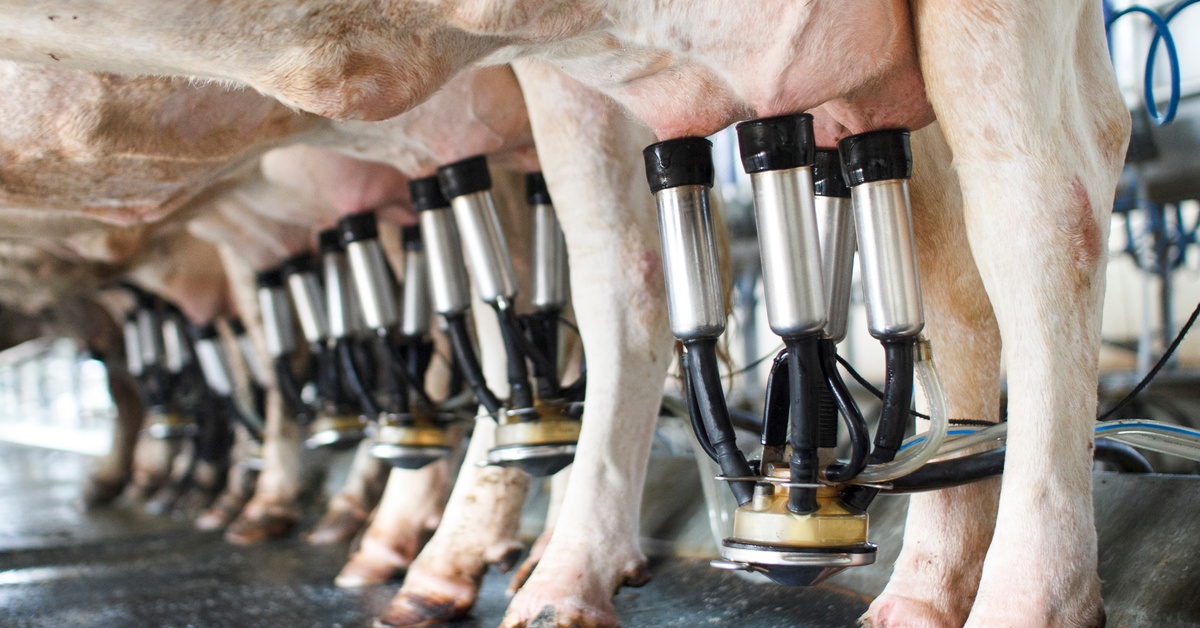
Milking equipment works hard every day to maintain productivity and milk quality for dairy operations. Filters are essential components that facilitate consistent equipment performance.
Clean, filtered equipment translates directly into increased efficiency for your dairy business. Learn more about how filters improve the efficiency of your milking equipment.
Prevent Equipment Damage
Debris, dirt, and contaminants pose constant threats to milking equipment’s internal components. Filters act as the first line of defense, capturing these harmful particles before they enter sensitive areas of the system.
The pumps, valves, and electronic components endure less stress when filters remove abrasive materials from the milk flow. The reduced wear on moving parts results in fewer breakdowns. Therefore, quality filtration systems are necessary features to prevent costly damage to milking equipment that could sideline operations for days or weeks.
Guarantee Milk Quality
Clean milk starts with clean equipment, and filters maintain the purity of your product. Contaminants removed by filters include hair, feed particles, and other foreign matter that could compromise milk quality. The milk retains its natural flavor and nutritional value when filters prevent unwanted substances from mixing with the final product. Plus, regulatory compliance becomes easier to achieve when the filtration system consistently removes contaminants.
Decrease Downtime
Equipment failures during milking time create stress for you and your animals while disrupting your daily schedule. Filters prevent foreign particles from jamming valves, clogging lines, or damaging sensitive components that could halt operations. Milking routines continue smoothly when filters catch debris before it causes mechanical problems.
Prolong Equipment Life
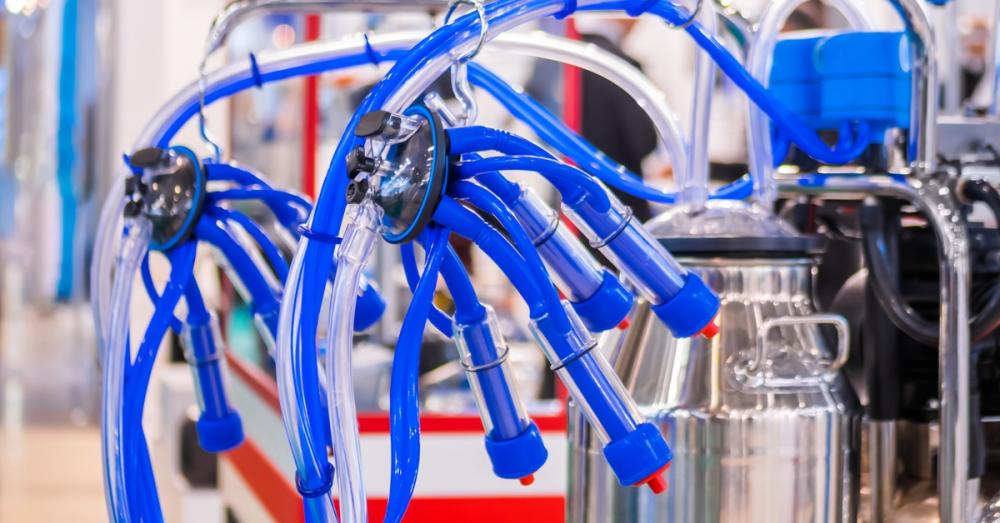
Clean systems experience less mechanical stress and require fewer repairs over their operational lifetime. Filters improve the efficiency of your milking equipment by removing particles that would otherwise accumulate on surfaces and create damaging deposits inside the equipment. The milking system components face reduced corrosion and wear when filters eliminate contaminants that could cause chemical reactions.
Regular filter maintenance proves far less expensive than replacing major system components prematurely. The extended equipment life that results from adequate filtration provides excellent return on your initial equipment investment.
Improve Vacuum System Function
Vacuum consistency determines milking efficiency and cow comfort throughout each milking session. Particles trapped by filters cannot interfere with vacuum regulators or create blockages in vacuum lines. Your vacuum system maintains steady performance when filters prevent debris from affecting sensitive vacuum components.
Adding filters like a stainless-steel milking strainer provides excellent durability while providing efficient, precise vacuum levels. The outcome is complete milk removal without hindering the udder health.
Enhance Cooling System Efficiency
Cooling the milk reduces bacterial growth and extends the shelf life of your product. However, the systems require unobstructed flow to maintain proper temperatures and preserve milk quality.
Filters prevent particles from blocking cooling lines or accumulating on heat exchange surfaces. The cooling system operates at peak efficiency when filters remove debris that could insulate cooling coils.
Boost the Environment’s Cleanliness
Clean equipment creates a hygienic environment that protects milk quality and animal health. Filters remove organic matter that could harbor bacteria or other harmful microorganisms. Your milking parlor maintains higher sanitation standards when filters prevent contaminants from circulating through the system.
Regular filter changes support your cleaning protocols by removing particles that could interfere with sanitizers. These efforts reduce the risk of contamination that could affect the entire milk supply.
Optimize Flow Rates
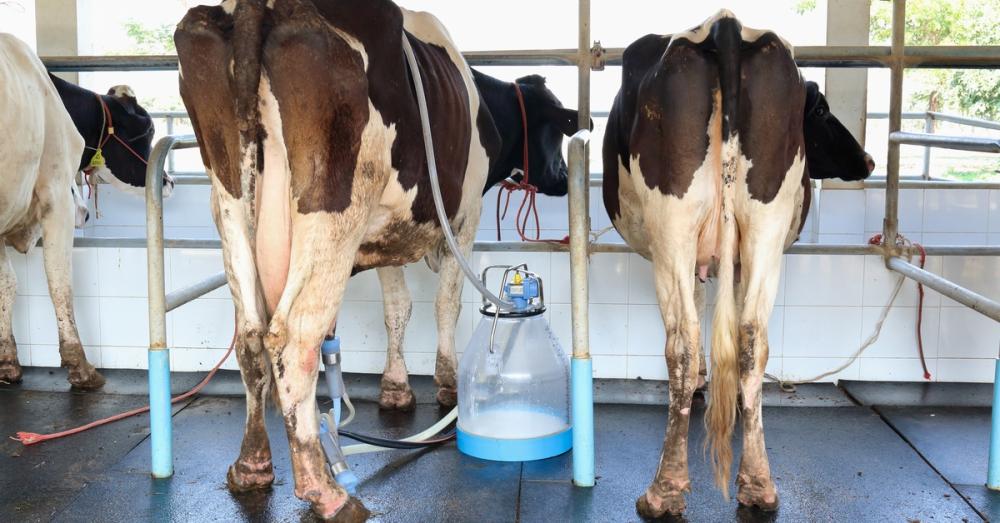
Consistent milk flow through your system ensures efficient milking and reduces stress on equipment and animals. Filters prevent debris from creating partial blockages that could slow milk movement through hoses and pipes. The milking system maintains optimal flow rates when filters remove particles that could disrupt the smooth movement of milk.
Good flow rates reduce milking time per cow, which increases overall parlor throughput. Efficient milk flow also reduces the energy required to move milk through your system, lowering operational costs.
Reduce Maintenance Costs
Preventive filtration proves far more economical than reactive repairs and emergency service calls. Filters catch problems before they become expensive equipment failures that require professional intervention. Your maintenance budget remains predictable when filters prevent the accumulation of debris that leads to costly system cleanouts.
Regular filter replacement costs significantly less than repairing damage caused by contaminated systems. The reduced maintenance requirements allow you to allocate resources toward expanding or improving your operation rather than fixing preventable problems.
Support Automation Systems
Modern milking equipment relies on sensors and automated controls that require clean conditions to function properly. Filters protect electronic components from moisture and particles that could cause malfunctions or false readings. Your automated systems provide accurate data and reliable performance as filters facilitate hygienic conditions.
Sophisticated milking parlor technology depends on consistent conditions that only proper filtration provides. Advanced automation features work as intended when filters prevent contamination from interfering with sensitive electronic systems.
Minimize Bacterial Growth
Bacteria thrive in environments where organic matter accumulates, making filtration essential for controlling microbial populations. Filters remove the nutrients and particles that bacteria need to multiply within your milking system. Your equipment stays cleaner between washing cycles when filters prevent the buildup of organic materials.
Reduced bacterial loads mean your cleaning chemicals work more effectively and require less time to achieve proper sanitation. Clean systems also reduce the risk of mastitis and other health issues that can affect your herd’s productivity and well-being.
Improve Cow Health and Comfort
Clean milking equipment ensures gentle, consistent suction that promotes udder health and cow comfort. Filters prevent debris from creating irregular vacuum patterns that could stress or injure delicate udder tissue.
Cows experience more comfortable milking when filters maintain consistent system performance throughout each session. Functional equipment decreases the time required to milk each cow, thereby minimizing stress and discomfort on the animal. Healthy, comfortable cows produce more milk and experience fewer health problems that could affect their long-term productivity.
Filters represent a small investment that delivers significant returns through improved efficiency, reduced costs, and enhanced milk quality. Your milking equipment performs at its peak when proper filtration protects all system components from harmful contaminants.
The operational benefits of consistent filtration compound over time create substantial savings and improved productivity. Choose improved filtration choices today to ensure your dairy operation remains profitable and efficient for years to come.






